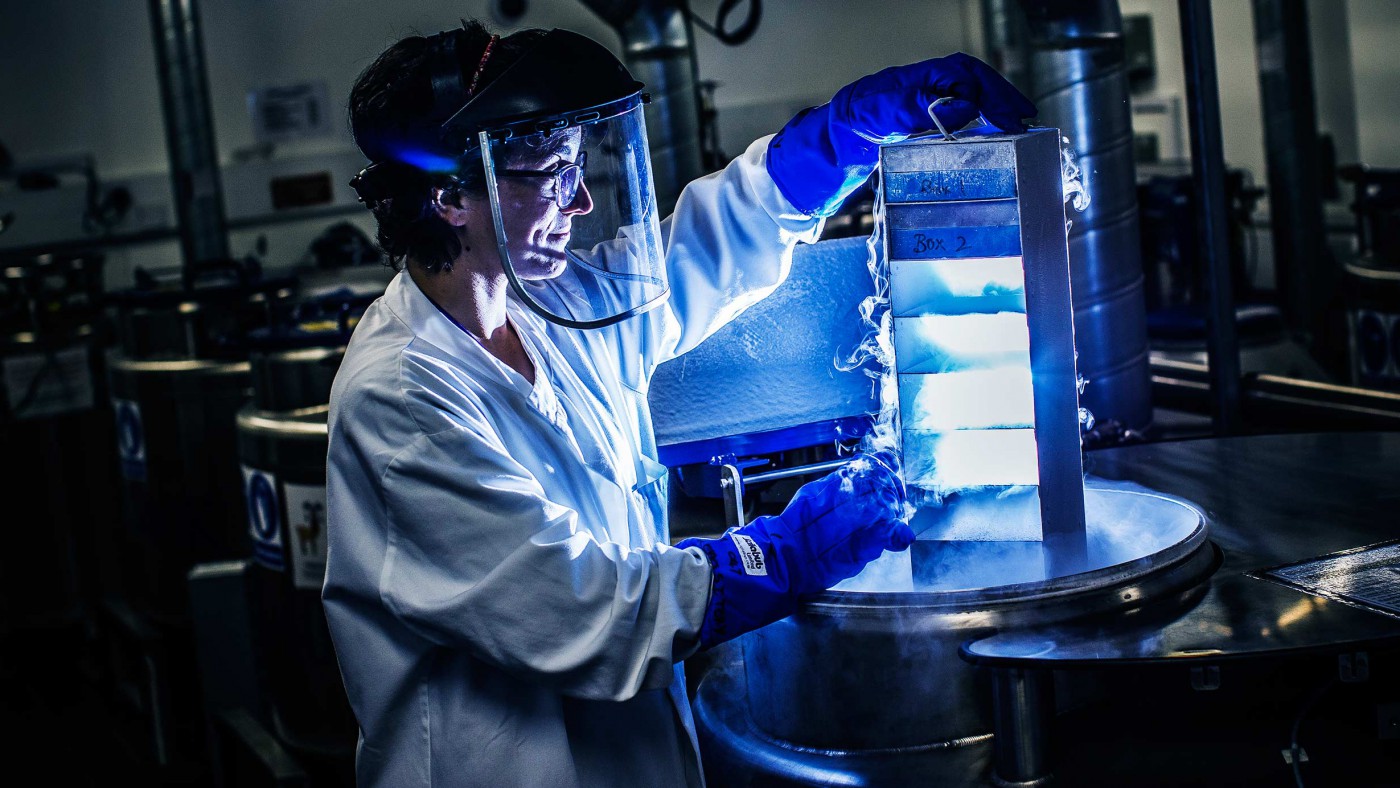Since the after-war, the Welfare State has been shaping the life of European people. But the economic and technologic environment has been changing quickly while the Welfare State is difficult to reform. Inflation, which was a means to repay the debt, has disappeared. The European are getting older. Most of all, health expenses increase because of the impact of chronic diseases like diabetes or cancer.
In particular the macroeconomic cost of cancer is soaring for two reasons: the growth in the number of individuals involved (about 2.5 million new persons a year in Europe) and the rise in the unit cost of treatment. Both reasons are linked. So many people are suffering cancers that pharmaceutical firms are incentivised to invest in anti-cancer treatments. Good news lies in the progress made thanks to this R&D. Chemotherapies are more and more efficient, genomics lead to administration of “targeted therapies”, robotic surgery is more precise and less invasive than ever. Nanotechnologies and immunotherapy are full of pledges. More and more biologists and practitioners assert that in 10 or 15 years, most of cancers will be curable or chronic.
But there may also be bad news: European national health system and welfare-states are not prepared for this scientific and innovative revolution. A legitimate fear is that human genius can overcome cancers but that inability to reform prevents the equitable diffusion of the most recent treatments.
Health expenditures are rising very quickly in nearly all rich countries where they represent between 8% and nearly 20% of the GDP. Health is what economists call a “superior good”, namely a good whose weight in private incomes is rising, exactly on the contrary of the famous textbook example of staple goods such as potatoes. The reason lies to a certain extent in changing demographics but not only. This is especially significant for cancers for several reasons. The incidence of cancers is growing due to longer life expectancy and the modern way of life.
The more therapies that are developed, the more the R&D costs increase. R&D and the pricing power of pharmaceutical firms are the main explanations for the high price of new treatments. And many of these new treatments are administrated during a long period of time as the example of Herceptin in breast cancer shows. The “social demand” in Europe for the most efficient therapies has been rocketing. This is part of our common value to make all European people access the most adapted treatments whatever their revenues.
Some economists have argued that the pharmaceutical market for anti-cancer drugs was not perfectly efficient. Proof is that the increase in price is not justified by inflation and the survival benefits.
This may be true but we must not underestimate the difficulty of improving the functioning of a health market which presents two features. First, the main payers are not patients or hospitals but insurers. Most insurance have an annual out of pocket maximum and assume nearly 100% of the cost of anti-cancer care. Second, people are demanding treatment even if the survival benefit is only a few months. Most often these demands are supported by practitioners who see a scientific justification to administer the “treatment of the last chance”.
Other economists claim that scale economies will permit drug prices to diminish. It might be true in the medium-term but we can raise three objections. First, we also have to manage the short term, particularly the strong pressure on public social expenditure. Second, even if the costs of targeted therapies or immunotherapies decrease by 30 or 50%, they will stay high. Third, even if the unit cost of the treatments declines, their rate of diffusion will soar so that the global cost will continue to increase exactly as we saw in the past with coronary stents in heart diseases.
The question of cancer is a systemic one. It means that it cannot be tackled only on focusing on drug prices or insurance technics but in considering the global evolution of health systems and welfare states. Securing an efficient and equitable access to the most recent treatments in the short and middle term requires at least four kinds of actions:
- Intensify the effort of prevention to curb the rise in incidence of cancer and its costs. It seems that the corporate sector could be pre-eminent in this strategy;
- Improve the genetic diagnostic of tumors before the start of the treatment to direct the right drug to the right patient;
- Raise the global productivity of the health system in order to free new financial resources;
- Redefine the frontier between public and private financing to be able to sanctify a public budget for anti-cancer treatments.
The anti-cancer battle is a great way to show that European countries are able to conciliate scientific innovation with equity. But the battle has hardly begun.


